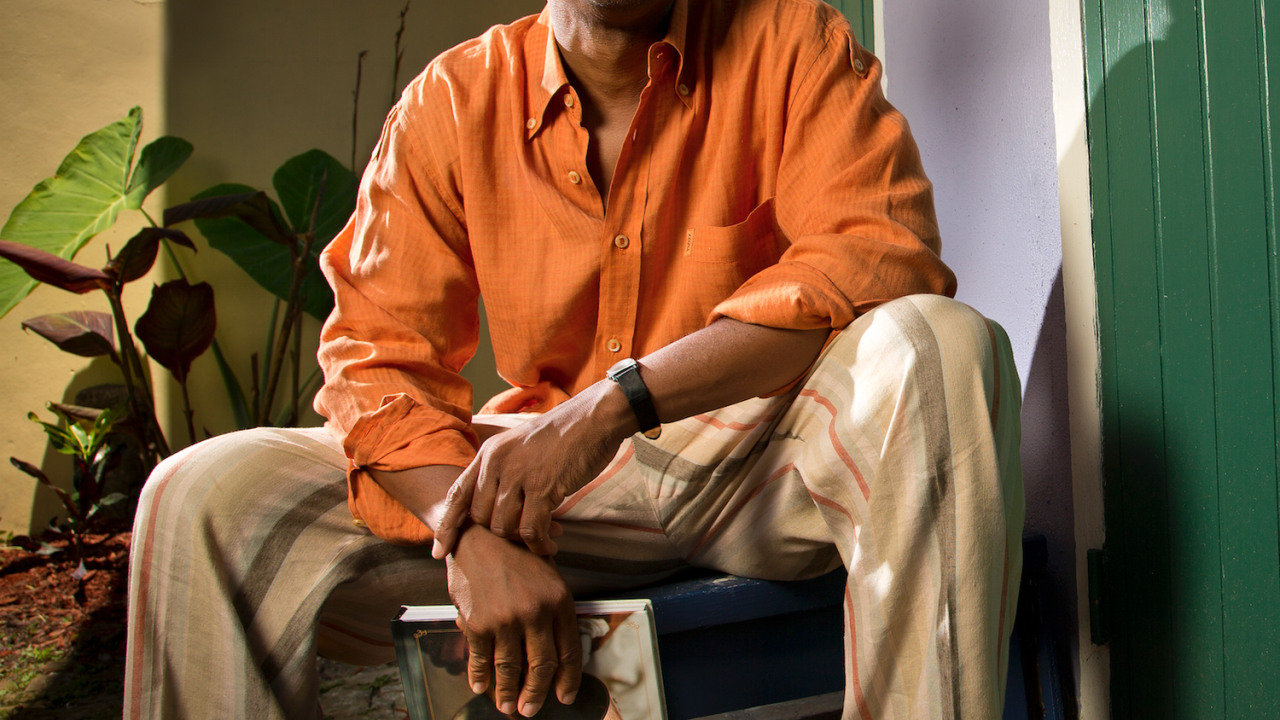The public is invited to a free screening of "A Crime on the Bayou" and a discussion with writer and filmmaker Lolis Elie, on Thursday, Sept. 29, at 5 p.m. in the John and Mary Alford Performing Arts Hall located inside the John Gilbert Reese Center on The Ohio State University at Newark campus. The Reese Center is located at 1209 University Drive, Newark, Ohio, 43055.
In 1966 in Plaquemines Parish, a swampy strip of land south of New Orleans, a young Black fisherman, Gary Duncan, touched a white boy's arm in an attempt to break up a fight between the boy and Black teenagers outside a newly integrated school. That night, police arrested 19-year-old Duncan for assault on a minor. Arrests like Duncan's were part of a white supremacist attempt to keep schools segregated despite a court order, and defendants usually settled rather than face long odds against an institutionally racist system. Yet with the help of a young Jewish attorney, Richard Sobol, Duncan fought for justice all the way to the U.S. Supreme Court — and won. "A Crime on the Bayou" tells the story of hate vanquished by a powerful friendship between the two men that would last a lifetime.
The 90-minute screening will be followed by a question-and-answer session with Elie, a New Orleans writer who appears in the film to discuss the role of his father in the case. Lolis Elie Sr. was one of three determined Black lawyers who worked with Sobol on the case.
"A Crime on the Bayou" is the third film in director Nancy Buirski's trilogy profiling brave individuals who fought for justice in and around the civil rights era, following "The Loving Story" and "The Rape of Recy Taylor." Together this trilogy shows the importance of ordinary people standing up for their values while also revealing how white supremacy maintains racist institutions. With the rise of white nationalism in the United States and abroad, there is no more important story to tell today.
Screening and discussion are sponsored by The Ohio State University Office of Outreach and Engagement.
